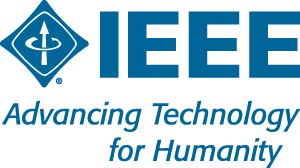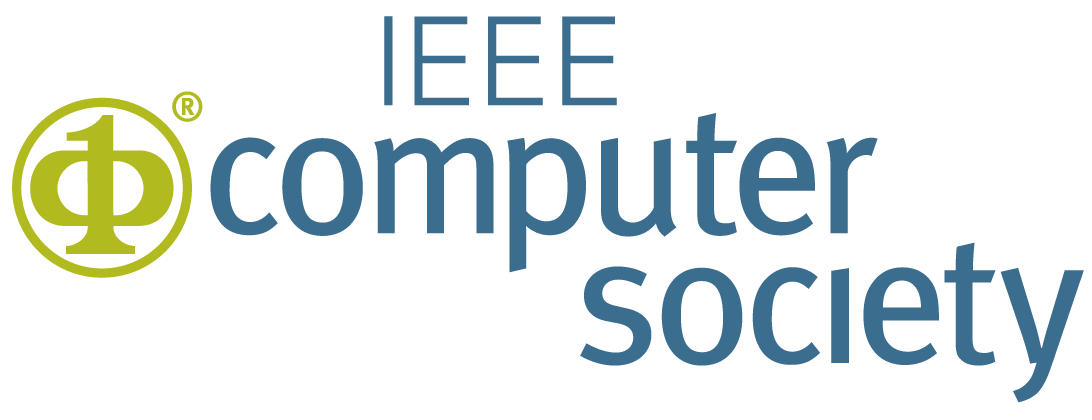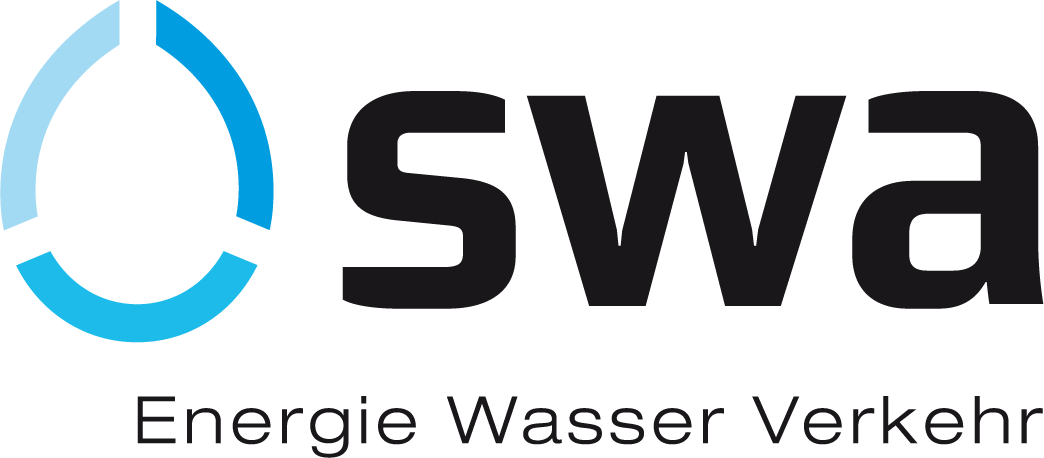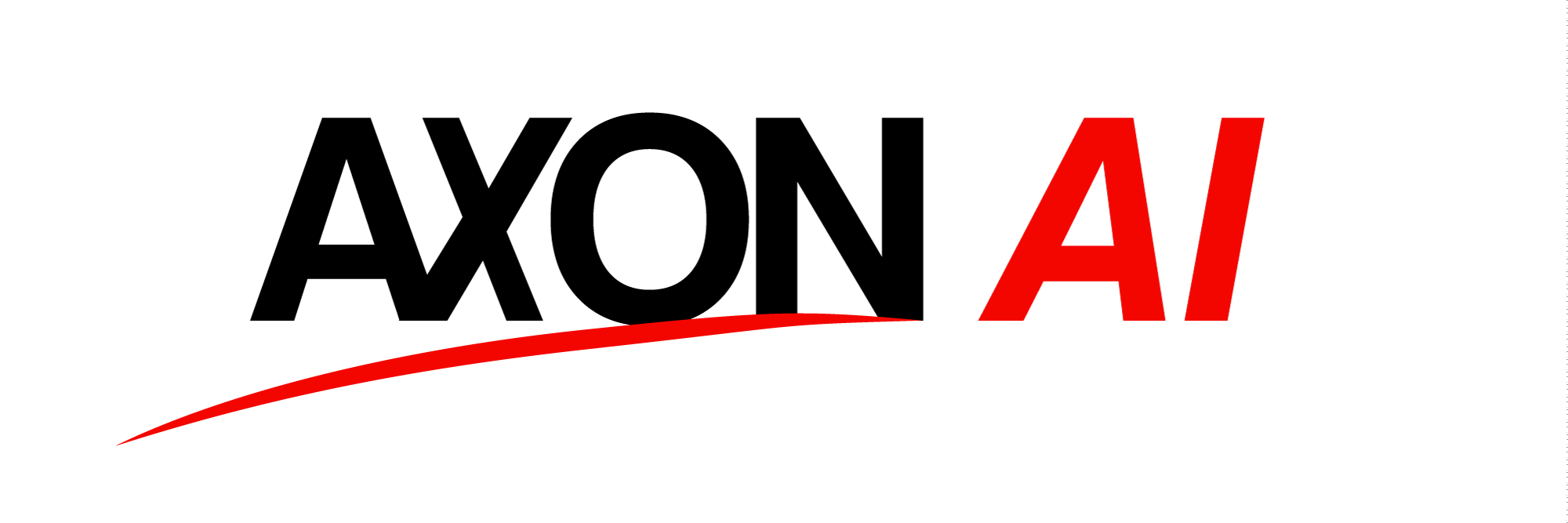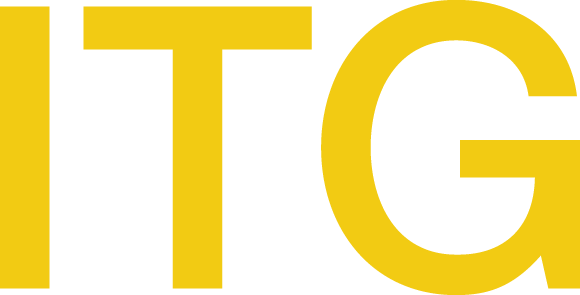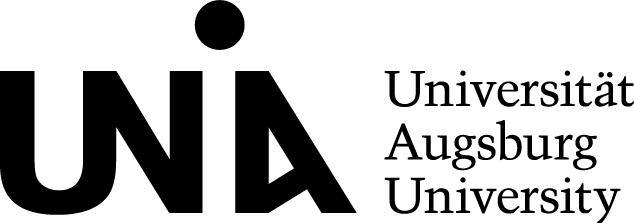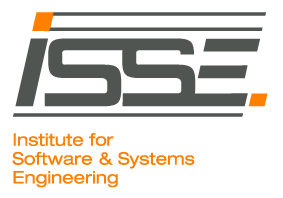Part of FAS* - Foundations and Applications of Self* Systems
Co-located with:
The International Conference on Cloud and Autonomic Computing (ICCAC 2016)
Co-located with:
The International Conference on Cloud and Autonomic Computing (ICCAC 2016)
Announcement
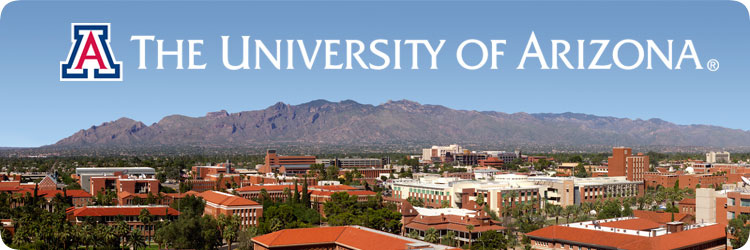
Welcome
The 2016 edition of the SASO conference series will be held in Augsburg, Germany, in the week of September 12-16, 2016. SASO is part of FAS*, a common umbrella for two closely related but independent conferences (SASO and ICCAC) with shared events including workshops, tutorials, doctoral symposia, the Special Track on Trustworthy Open Self-Organising Systems, etc.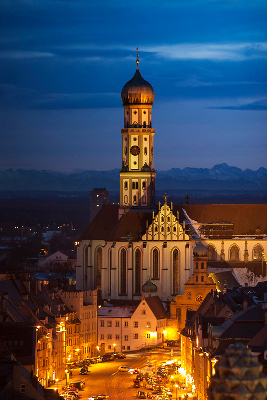
Foto: Norbert Liesz (www.norlies.de)
The tenth edition of the SASO conference embraces the inter-disciplinarity and the scientific, empirical and application dimensions of self-* systems; it thus aims to attract participants with different backgrounds, to foster cross-pollination between research fields, and to expose and discuss innovative theories, design principles, frameworks, methodologies, tools, and applications.
Topics
The topics of interest to SASO include, but are not limited to:
- Systems theory: theoretical frameworks and models; biologically- and socially-inspired paradigms; inter-operation of self-* mechanisms;
- Systems techniques: techniques to specify and analyze self-* systems, like statistical physics, machine learning, multi-agent systems, or other novel techniques;
- Systems engineering: reusable mechanisms, design patterns, architectures, methodologies; software and middleware development frameworks and methods, platforms and toolkits; hardware; self-* materials; governance of self-* systems, emergent behavior in self-* systems;
- System properties: robustness, resilience, and stability; emergence; computational awareness and self-awareness; reflection; anti-fragility;
- Cyber-physical and socio-technical systems: human factors and visualization; self-* social computers; crowdsourcing and collective awareness; human-in-the-loop;
- Data-driven approaches: data mining; machine learning; data science and other statistical techniques to analyze, understand, and manage behavior of complex systems;
- Education: experience reports; curricula; innovative course concepts; methodological aspects of self-* systems education;
- Ethics and Humanities in self-* systems;
- Applications and experiences with self-* systems in any of the following domains:
- Smart-*: application of self-* principles to smart-grids, smart-cities, smart-environments, smart-vehicles
- Industrial automation: embedded self-* systems, adaptive industrial plants, smart industries (Industry 4.0)
- Transportation: autonomous vehicles, coordination between vehicles, pedestrians, and infrastructure, and traffic optimization
- Unmanned systems: aerial vehicles, undersea vehicles, other robotic platforms
- Internet of Things: challenges, applications, and benefits; self-* for network management, self-* applied to Cybersecurity
Awards
Best Paper Award
Jacob Beal, Mirko Viroli, Danilo Pianini and Ferruccio Damiani. Self-Adaptation to Device Distribution ChangesBest Student Paper Award
Fernando Silva, Luís Correia, and Anders Lyhne Christensen. Online Hyper-Evolution of Controllers in Multirobot SystemsBest Student Paper Award
Patricio E. Petruzzi, Jeremy Pitt, and Dídac Busquets. Inter-institutional Social Capital for Self-Organising 'Nested Enterprises'Best Poster/Demo Award
David Sanderson, Jack Chaplin, Lavindra de Silva, Paul Holmes and Svetan Ratchev. Smart Manufacturing and Reconfigurable Technologies: Towards an Integrated Environment for Evolvable Assembly SystemsBest Doctoral Symposium Paper Award
Christopher-Eyk Hrabia. A Framework for Adaptive and Goal-Driven Behaviour Control of Multi-Robot SystemsSponsors
